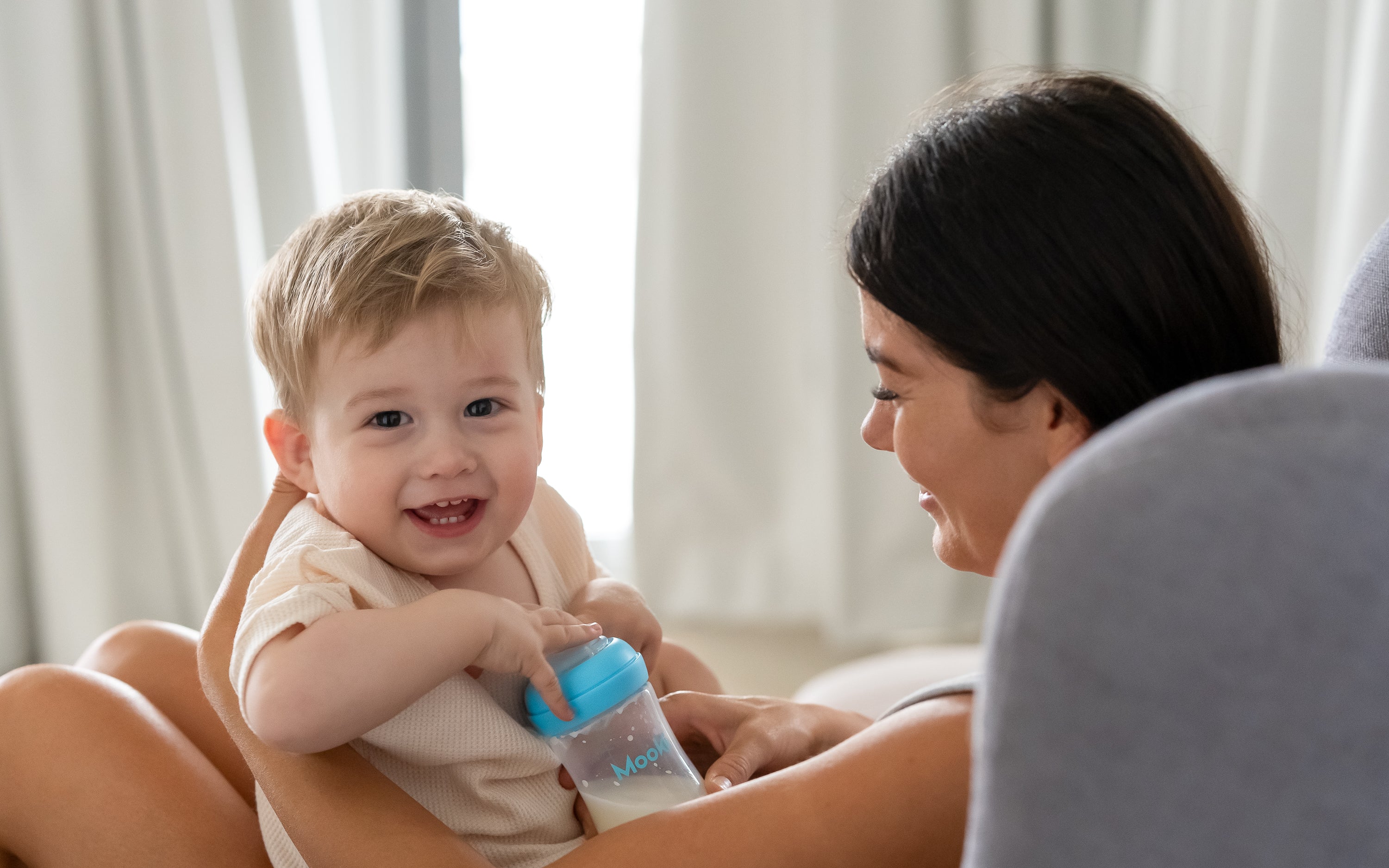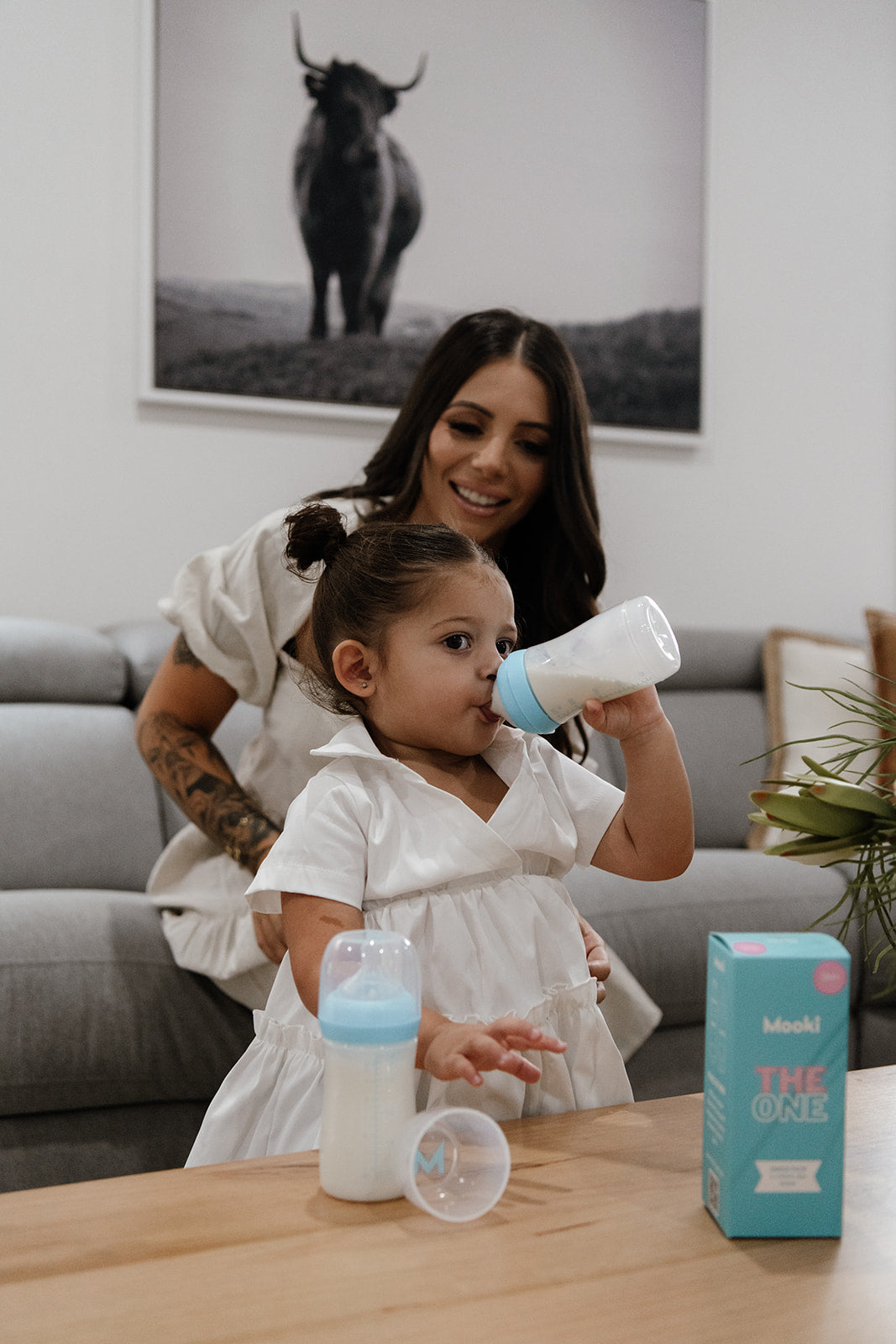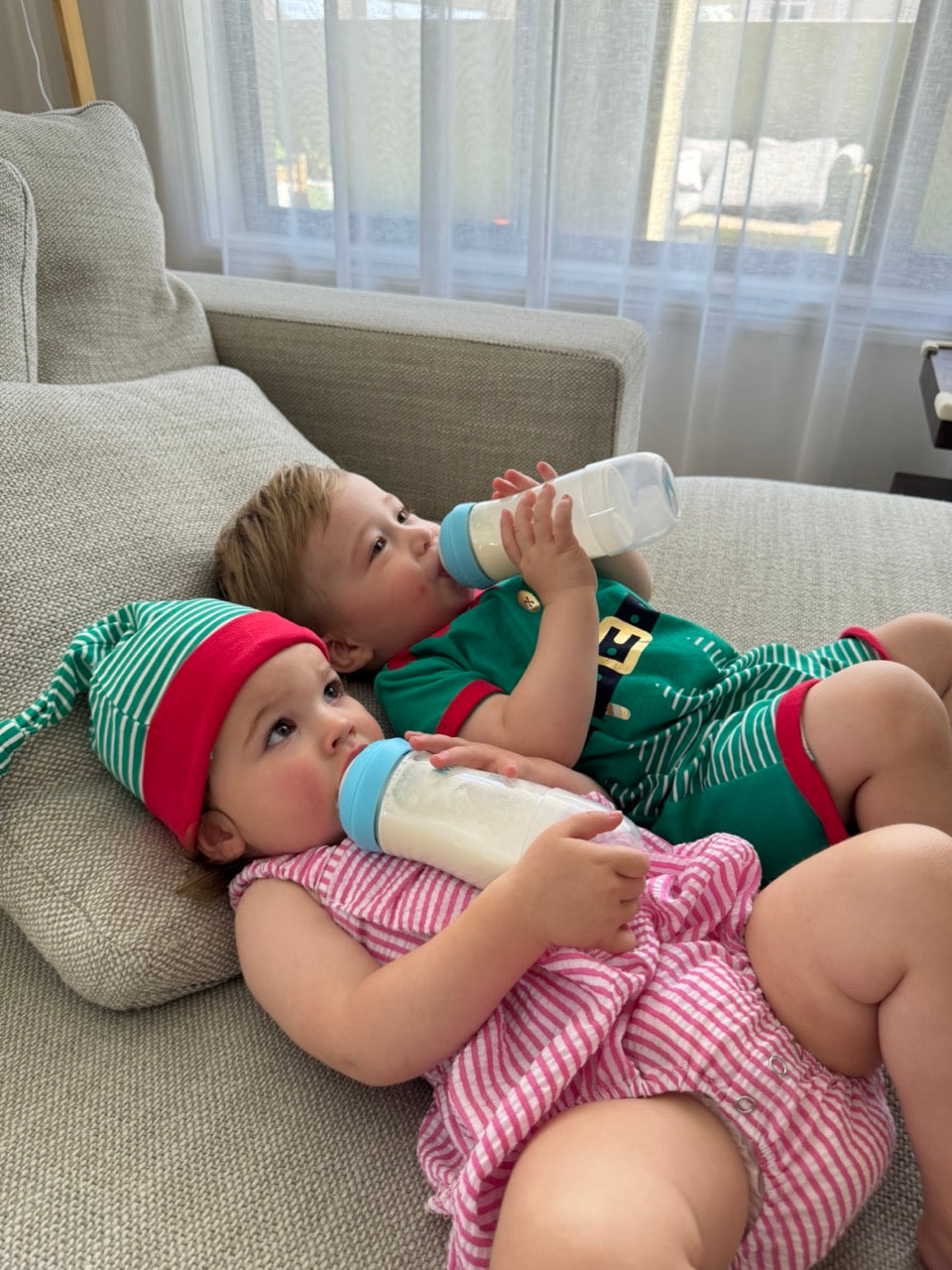Introduction
Parenting is a journey filled with questions, and one of them frequently centers around whether or not you should burp your baby after feeding. The simple answer is yes, and the reasons behind this practice are essential for your baby's comfort and overall well-being. In this blog post, we will know why you should burp your baby after feeding and why it matters.
1. Air Swallowed During Feeding:
When babies nurse or bottle-feed, they often swallow air along with breast milk or formula. This is entirely normal but can lead to discomfort if not addressed. Burping helps release this trapped air, preventing it from causing gas, colic, and stomach discomfort.
2. Reducing the Risk of Spit-Up and Reflux:
Burping your baby can also help reduce the likelihood of spit-up and reflux. When air builds up in your baby's stomach, it can push stomach contents upward, leading to spit-up or acid reflux. By burping your baby, you minimize the pressure inside their stomach, decreasing the chances of regurgitation.
3. Preventing Discomfort and Irritability:
Imagine the discomfort you'd feel if you had a bloated or gassy stomach. Babies can't communicate their discomfort as effectively as adults, so they may become fussy, irritable, or restless if they're unable to release trapped gas. Burping your baby after feeding can help alleviate this discomfort, leading to a happier, more contented baby.
4. Ensuring Efficient Feeding:
Burping your baby mid-feed or after a partial feeding can improve their feeding efficiency. Removing trapped air allows your baby to have more space in their stomach for milk, which means they can consume more and get the necessary nutrients without feeling overly full or uncomfortable.
5. Better Sleep:
Gas and discomfort can interfere with your baby's sleep patterns. When you burp your baby after feeding, you help ensure they go to bed with a comfortable tummy, leading to longer and more restful sleep for both you and your little one.
6. Preventing Colic:
Colic, characterized by excessive crying and fussiness, is a condition that can be exacerbated by gas and digestive discomfort. While burping alone may not completely prevent colic, it's one of the steps you can take to minimize its severity.
When Should You Burp Your Baby?
Now that we've established why burping your baby is crucial, let's discuss when and how to do it.
-
Between Breasts or Halves of a Bottle: If you're breastfeeding, consider burping your baby when switching between breasts. If you're bottle-feeding, pause to burp your baby halfway through the feeding to release any trapped air.
-
After Feeding: Regardless of whether you're breastfeeding or bottle-feeding, it's essential to burp your baby after they've finished their meal. This ensures that any remaining air is expelled before they lie down or become active.
-
Signs of Discomfort: Pay attention to your baby's cues. If they seem uncomfortable during or after feeding, such as arching their back, clenching their fists, or becoming fussy, it's a good time to burp them.
How to Burp Your Baby
There are several methods you can use to burp your baby, and you can choose the one that works best for you and your little one:
-
Over-the-Shoulder: Hold your baby against your shoulder with their head resting on your shoulder. Support their bottom with one hand and gently pat or rub their back with the other.
-
Sitting on Your Lap: Sit your baby on your lap, facing away from you, with their chin resting on your chest. Support their chest and head with one hand and gently pat or rub their back with the other.
-
Face-Down on Your Lap: Lay your baby face-down on your lap, with their tummy over your thighs. Use one hand to support their head and neck while gently patting or rubbing their back with the other.
Conclusion
Burping your baby after feeding is not just a routine; it's an essential practice for your baby's comfort and well-being. By releasing trapped air, you can help prevent gas, reflux, and discomfort, allowing your baby to enjoy their meals and rest more peacefully. Pay attention to your baby's cues, and make burping a regular part of your feeding routine to ensure a happy and contented baby.
Read more

When it comes to feeding your baby, especially if they have been diagnosed with a tongue tie, selecting the right baby bottle can make a significant difference in their comfort and feeding experie...

Introduction The journey of parenthood is filled with countless milestones and decisions, and one of them is introducing your baby to bottles. Whether you're a first-time parent or have experience...

